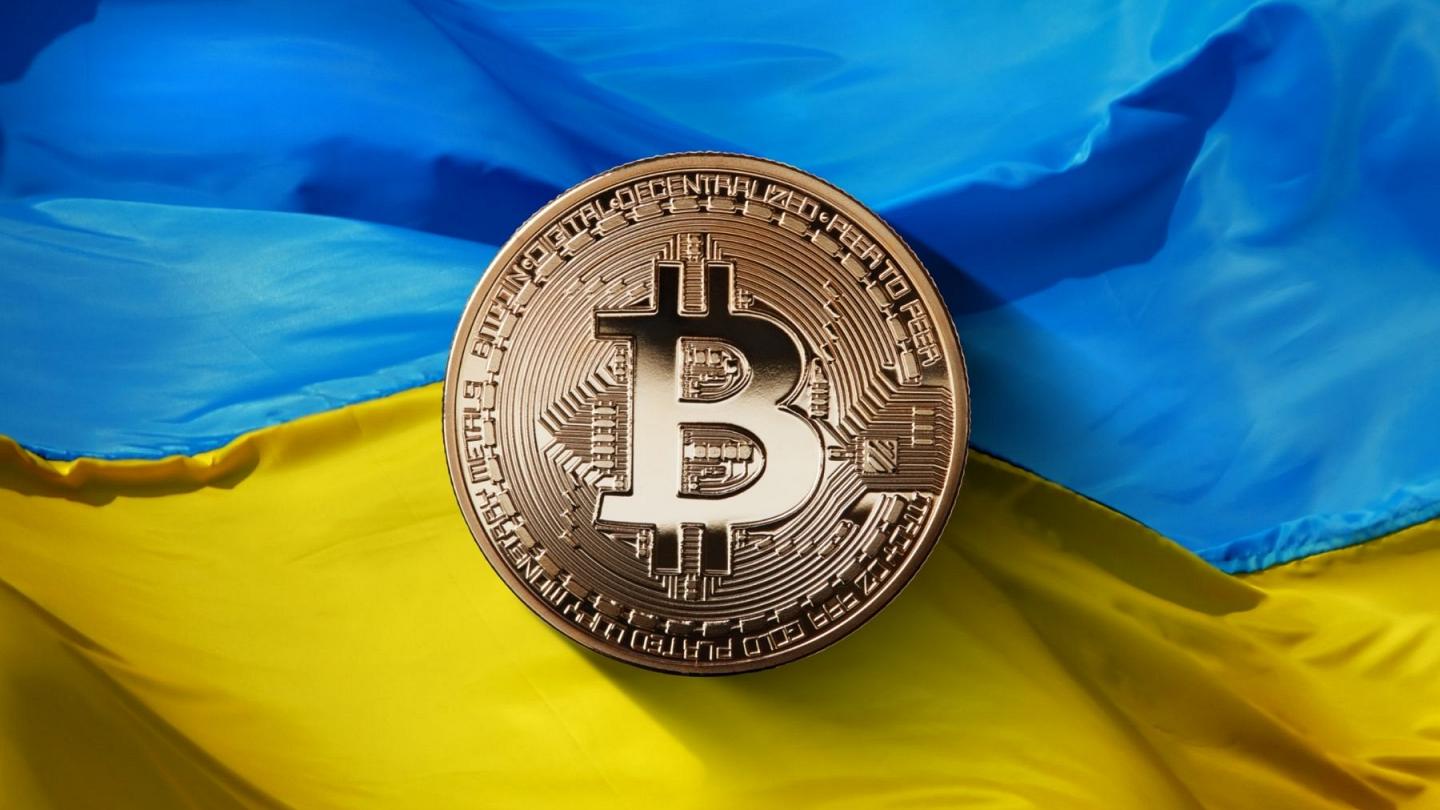
Coinposters
European Union New Sanctions Bans Russians’ Crypto

According to a statement released by the European Commission, the European Union (EU) increased the severity of the sanctions that it had previously imposed on Russia, which had the effect of severely restricting the use of bitcoin and other cryptocurrencies in commercial transactions.
EU Continues To Sanction Russia
The latest penalties include a total prohibition on the use of cryptocurrencies for the settlement of cross-border transactions between Russians and EU citizens. This declaration covers the ban of any and all wallets, accounts, or custodial services for cryptocurrencies, irrespective of the amount of crypto assets held in the wallet.
According to the statement, the Commission welcomes the approval of the eighth package of hard-hitting sanctions on Russia for its aggression against Ukraine. These sanctions were imposed as a result of Russia’s aggression against Ukraine.
The use of any wallets, accounts, or custodial services related to Bitcoin or other cryptocurrencies is expressly forbidden in Russia. Previously, the maximum amount that could be spent on a transaction was €10,000 ($9,900).
But, this new absolute prohibition on cross-border crypto payments between the regions is in line with the EU’s intention to further deprive the Kremlin’s military and industrial complex of crucial components and technology. Specifically, the EU wants to cut off the Kremlin’s access to cryptocurrencies.
The head of EU foreign policy, Josep Borrell, was reported as stating that this fresh sanctions package against Russia is evidence of our commitment to halt Putin’s war machine and react to his newest escalation with false “referenda” and the unlawful takeover of Ukrainian regions. The statement was made by the press office of the European Council.
The paper puts a comprehensive prohibition on the transaction of bitcoin with Russian citizens and residents, in addition to targeted penalties on persons related to the annexation “referendums” and Russian military sector executives.
Additionally, the European Union came to an agreement with Russia on a variety of export limitations, including prohibitions on the sale of coking coal and small guns. Additionally, EU citizens were prohibited from holding roles in the governing bodies of some Russian state-owned firms.
Russia Bans OKX Exchange
On Tuesday, in response to a request from the Prosecutor General’s Office, Russia stopped access to OKX, which is the world’s third-largest cryptocurrency exchange as measured by volume.
A search for the domain of the exchange inside the records of Roskomnadzor, which is Russia’s body for censoring the internet, reveals that the site was prohibited in accordance with article 15.3 of Russia’s legislation on Information, Information Technologies, and Information Protection.
According to a report from a local media source, the Ministry of Finance of the Russian Federation aims to remove all restrictions on the ability of any industry in the country to take bitcoin and other cryptocurrencies for the purpose of engaging in international commerce.
There seems to be a difference of view coming from the Bank of Russia, despite the fact that the ministry plans to give a non-restrictive flow for the acceptance of bitcoin and other cryptocurrencies.
Chebeskov said that the Russian Central Bank is in support of the establishment of a fully functional infrastructure for the circulation of digital currencies in the country.
Latest
Blockchain
21 Feb 2026
Blockchain
13 Feb 2026
Blockchain
07 Feb 2026
Blockchain
06 Feb 2026
Blockchain
05 Feb 2026
Blockchain
03 Feb 2026












